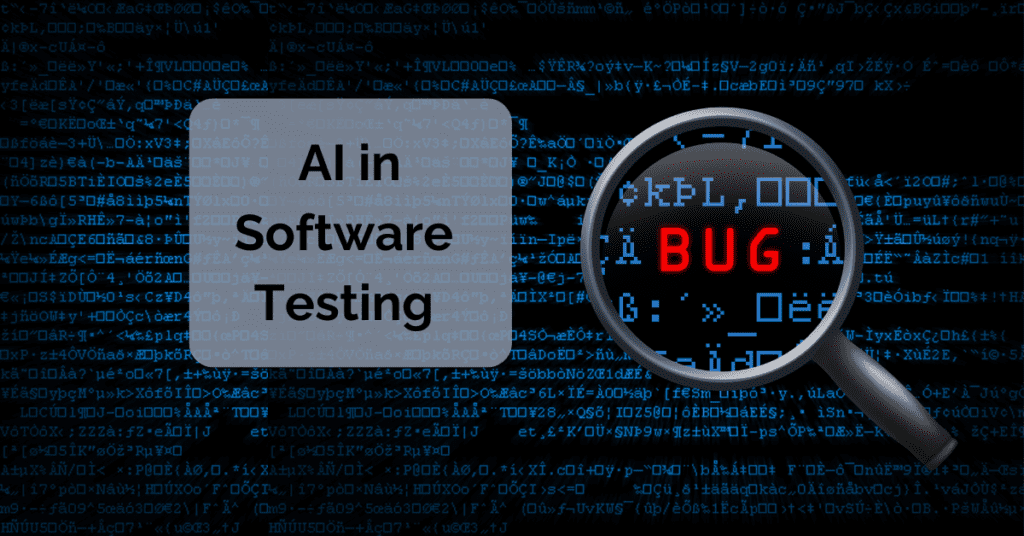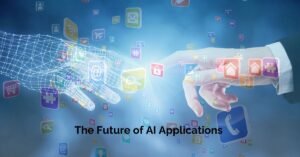
June 21, 2024

The software landscape is constantly evolving, demanding innovative approaches to ensure quality.
AI in software testing is rapidly transforming the testing process, offering a powerful arsenal of techniques to enhance efficiency, coverage, and accuracy.
Traditionally, software testing involves manual efforts to identify bugs and ensure functionality. AI testing utilizes AI-powered tools to streamline this process. These tools can automate various tasks including:
AI testing tools employ machine learning algorithms, a type of AI that learns from data. Here’s a simplified explanation of the process:
Overall, AI testing aims to make software testing more efficient, effective, and adaptable. It frees up human testers to focus on strategic tasks while the AI handles repetitive and time-consuming aspects of testing.
AI refers to a branch of computer science that empowers machines to mimic human cognitive functions like learning and problem-solving. In software testing, AI shines in several areas:
Integrating AI into your testing strategy offers a multitude of benefits:
Here’s a roadmap to implement AI in software testing:

AI can be effectively utilized in various stages of the software testing life cycle:
Companies are increasingly turning to AI testing to streamline their software development process and deliver higher quality products. Here are some of the key benefits of implementing AI in Software Testing:
Overall, AI testing is a powerful tool that can help companies to improve the quality, efficiency, and cost-effectiveness of their software development process.
While AI offers significant benefits, there are also challenges to consider:
AI is revolutionizing software testing, and its potential continues to grow. As AI algorithms become more sophisticated and data sets expand, we can expect even more advancements in areas like:
While AI is a powerful tool, it shouldn’t replace human testers entirely. The ideal approach is a collaborative one, where AI handles the mundane tasks, and human expertise focuses on critical thinking, test strategy, and interpreting test results.
AI is not meant to replace human testers entirely. Its true strength lies in its ability to collaborate with testers, automating mundane tasks and providing valuable insights. By embracing AI in software testing, organizations can achieve higher test coverage, expedite feedback cycles, and ultimately deliver superior quality software.








@2023-2024-All Rights Reserved-JustAiTrends.com